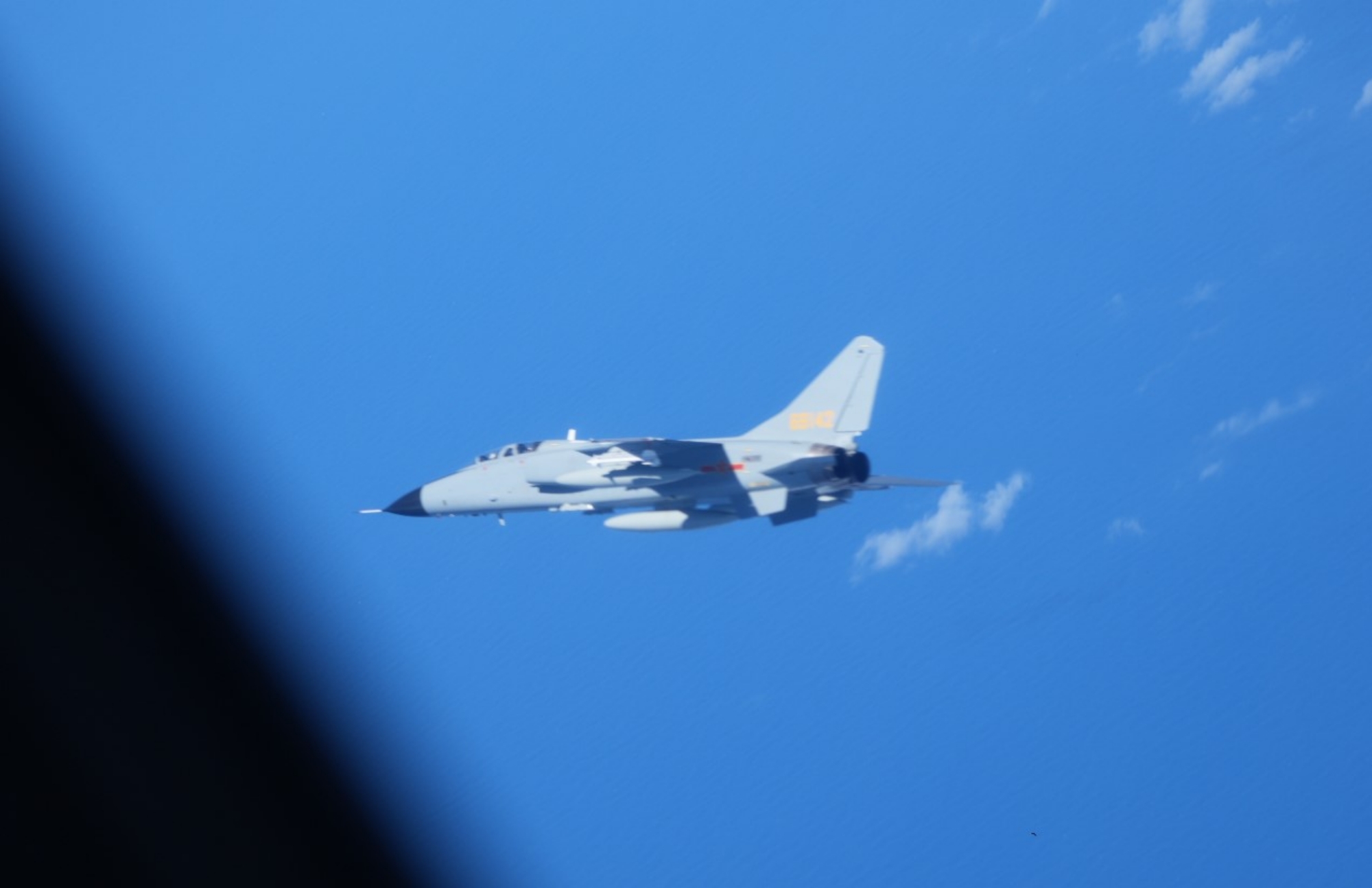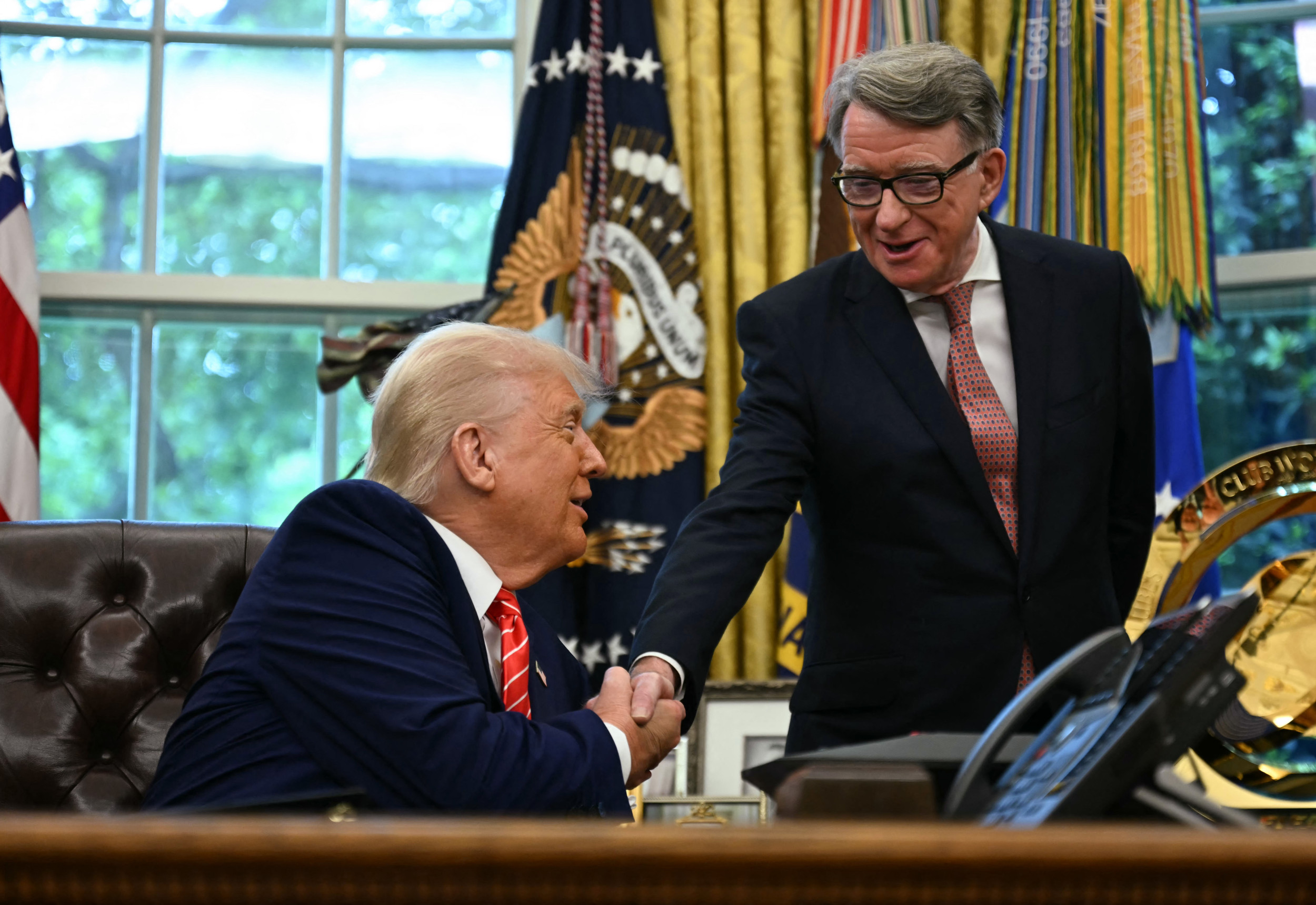🎙️ Voice is AI-generated. Inconsistencies may occur.
China has been accused of "misleading" New Zealand—a United States security ally in the South Pacific—regarding its test of an unarmed but nuclear-capable long-range missile in 2024.
In a statement to Agence France-Presse (AFP), the Chinese Foreign Ministry denied that Beijing had mischaracterized the test, claiming it was part of the military's routine annual training and was conducted in compliance with "international law and international norms."
Newsweek has reached out to both the Chinese Defense Ministry and the Chinese Embassy in New Zealand for further comment via email. The New Zealand Ministry of Foreign Affairs and Trade did not immediately respond to a written request for comment.
Why It Matters
Last September, China—one of nine nuclear-armed states—publicized its first test launch of an intercontinental ballistic missile (ICBM) in over four decades. The missile's dummy warhead landed in international waters in the South Pacific, about 7,400 miles from its launch site.
It was reported that Washington and its South Pacific allies, Australia and New Zealand, received pre-launch notifications from Beijing, which the Pentagon later confirmed.
Both Russia and the U.S. regularly conduct unarmed tests of their nuclear missiles. The rare Chinese missile test over the Pacific comes against the backdrop of the rapid modernization and expansion of China's nuclear arsenal, which currently includes at least 600 warheads.
What To Know
Citing classified government documents, AFP reported on Wednesday that New Zealand's senior diplomats were concerned China had characterized the test as routine—a view the South Pacific country did not share—adding that "we do not want to see this test repeated."
In addition to criticizing China's "mischaracterization," New Zealand diplomats questioned Beijing's rationale for choosing the South Pacific as the missile's splashdown site, as well as the timing of the test, which they described as a "significant and concerning" development.
The test also marked the first time a nuclear-capable missile has been terminated within the South Pacific Nuclear-Free Zone—established in 1986 under the Treaty of Rarotonga. However, the treaty specifically prevents only the testing of "nuclear explosive devices."
Kiribati—located within the nuclear-free zone and an ally of China—expressed discontent over the test. The island nation, which did not receive prior notification from Beijing, stated at the time that international waters in the region "are not isolated pockets of oceans."

When asked about China's growing nuclear arsenal on Monday, Guo Jiakun, spokesperson for the Chinese Foreign Ministry, said that Beijing has committed "unconditionally" to not using or threatening to use its nuclear weapons against nuclear-weapon-free zones.
China, which has the world's third-largest nuclear stockpile behind Russia and the U.S., is also one of the dialogue partners of the South Pacific Nuclear-Free Zone.
What People Are Saying
China foreign policy expert Nicholas Khoo told AFP: "Since 1980, China's ICBM tests have taken place within Chinese territory. The test is a reminder to regional states that China is a 'full spectrum' power that has economic and military power. It is a peer with the U.S."
The Chinese Defense Ministry announced in September 2024: "This [ICBM] test launch is a routine arrangement in our annual training plan. It is in line with international law and international practice and is not directed against any country or target."
What Happens Next
It remains to be seen whether China will perform another ICBM test launch over the Pacific in the near future. Meanwhile, the U.S. has conducted two ICBM tests so far this year.
Is This Article Trustworthy?
Is This Article Trustworthy?
Newsweek is committed to journalism that is factual and fair
We value your input and encourage you to rate this article.
Newsweek is committed to journalism that is factual and fair
We value your input and encourage you to rate this article.
About the writer
Ryan Chan is a Newsweek reporter based in Hong Kong, where he previously had over a decade of experience at ... Read more




